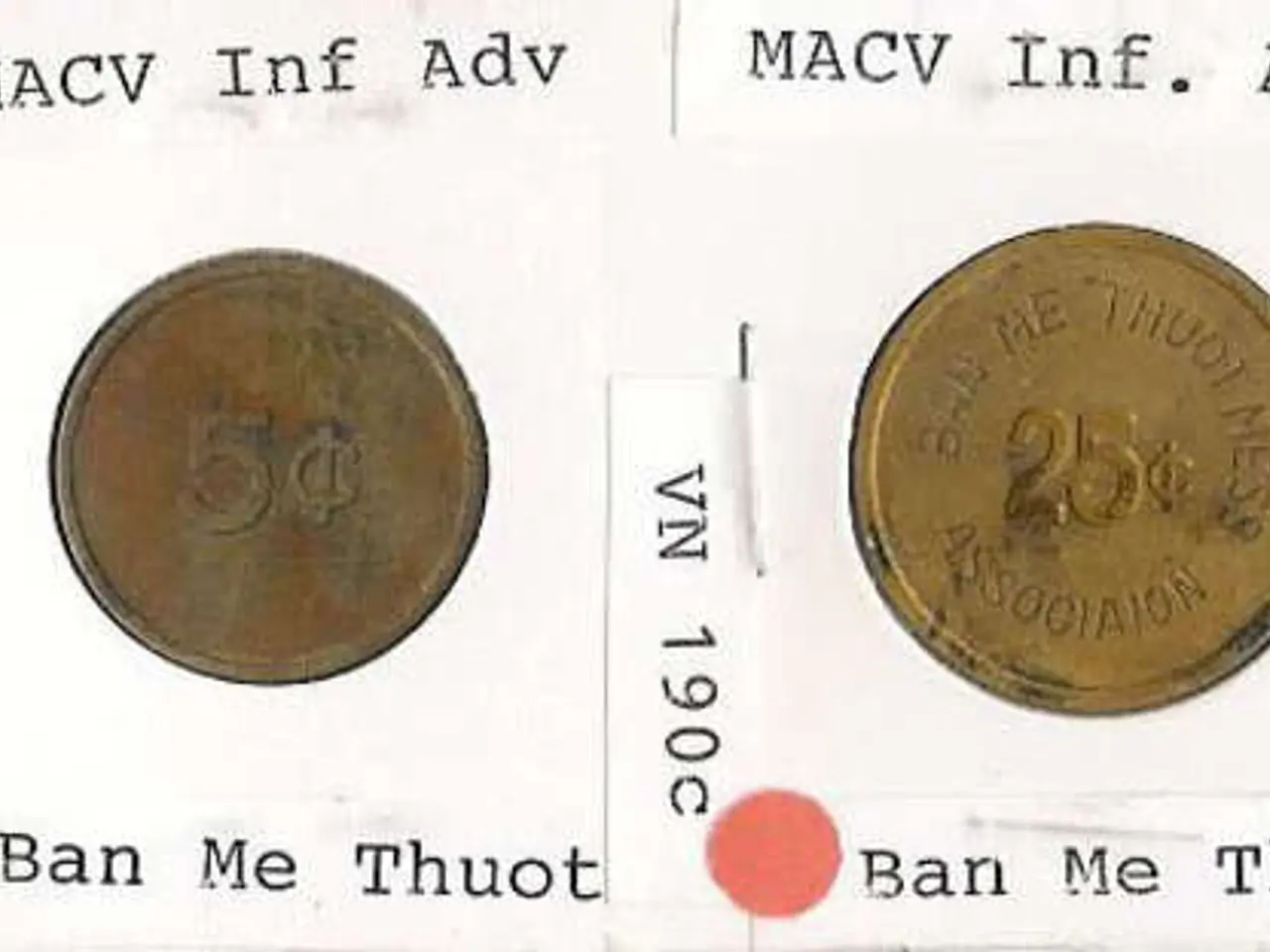Cryptocurrency making inroads in American retirement plans
The future of the U.S. retirement system could see a significant shift, as the potential investment of trillion-dollar 401(k) funds in digital currencies like Bitcoin is being considered. This transformation, prompted by a 2025 executive order easing retirement account restrictions on cryptocurrencies and other alternative assets, could inject substantial capital into the crypto market.
The move aims to diversify and potentially enhance returns by allowing alternative assets, including crypto, private equity, and real estate, into retirement funds. However, it also introduces complexity in monitoring, higher management fees, less transparency, and liquidity challenges that can affect the stability of retirement savings.
Bitcoin, with its high performance potential, has outperformed traditional markets over the last several years. Since Fidelity started its 401(k) bitcoin experiment over three years ago, Bitcoin has returned around 215%, compared to 54% for the S&P 500. This indicates Bitcoin’s strong performance potential as a long-term investment in retirement portfolios.
However, the increased volatility and risk associated with cryptocurrencies raise concerns. Cryptocurrencies like Bitcoin tend to be more volatile than traditional investments, which could lead to increased portfolio volatility in retirement accounts where stability is important. The Department of Labor’s new guidance requires plan fiduciaries to evaluate crypto investments prudently but no longer mandates "extreme care," lowering regulatory barriers but increasing risk exposure.
With approximately $9 trillion in 401(k) assets, even modest allocations (1–10%) into cryptocurrencies could inject $90 billion to $900 billion into a crypto market roughly valued at $4 trillion (Bitcoin about $2 trillion). Such a large capital inflow could amplify market swings due to liquidity constraints and market depth.
The review, initiated by Donald Trump, is aimed at allowing for riskier investments in digital currencies and real estate. If approved, this could make the retirement savings of over 90 million Americans more lucrative. However, employers or investment managers would be responsible for making prudent investments in the 401(k) system, and potential lawsuits can be faced if there are significant losses in the 401(k) investments.
As of Monday, the price of Bitcoin started the week at around $114,100. Following the announcement of Trump's presidential order, the price of Bitcoin rose on Friday, trading at $116,700 on the Bitstamp platform. The review will be conducted by the Department of Labor and other agencies.
In summary, the inclusion of Bitcoin in 401(k) plans could reshape the U.S. retirement system by potentially increasing overall returns but also introducing greater volatility and risk. This transformation will require careful fiduciary management and participant education to mitigate downside risks while harnessing growth opportunities in the digital asset space.
[1] Investopedia. (2022, February 16). Fidelity 401(k) Bitcoin Investment: What You Need to Know. Retrieved March 21, 2023, from https://www.investopedia.com/terms/f/fidelity-401k-bitcoin-investment.asp [2] CNBC. (2022, February 16). 401(k)s could soon allow bitcoin investments. Retrieved March 21, 2023, from https://www.cnbc.com/2022/02/16/401ks-could-soon-allow-bitcoin-investments.html [3] Forbes. (2022, February 15). Biden's Labor Department Eases Crypto Rules For 401(k) Plans. Retrieved March 21, 2023, from https://www.forbes.com/sites/jasonlondoff/2022/02/15/bidens-labor-department-eases-crypto-rules-for-401k-plans/?sh=4044393c502d [4] The Wall Street Journal. (2022, February 16). Bitcoin in 401(k)s? New Rules Would Ease Path for Crypto Investments. Retrieved March 21, 2023, from https://www.wsj.com/articles/bitcoin-in-401ks-new-rules-would-ease-path-for-crypto-investments-11644877001
- The potential investment of 401(k) funds into digital currencies like Bitcoin could significantly boost technology-based investments in the retirement system, given the high performance potential of Bitcoin.
- With the ease of retirement account restrictions on cryptocurrencies and other alternative assets, the influx of trillion-dollar 401(k) funds into the crypto market, including Bitcoin, could stimulate growth and turbulence in the investing sector.



